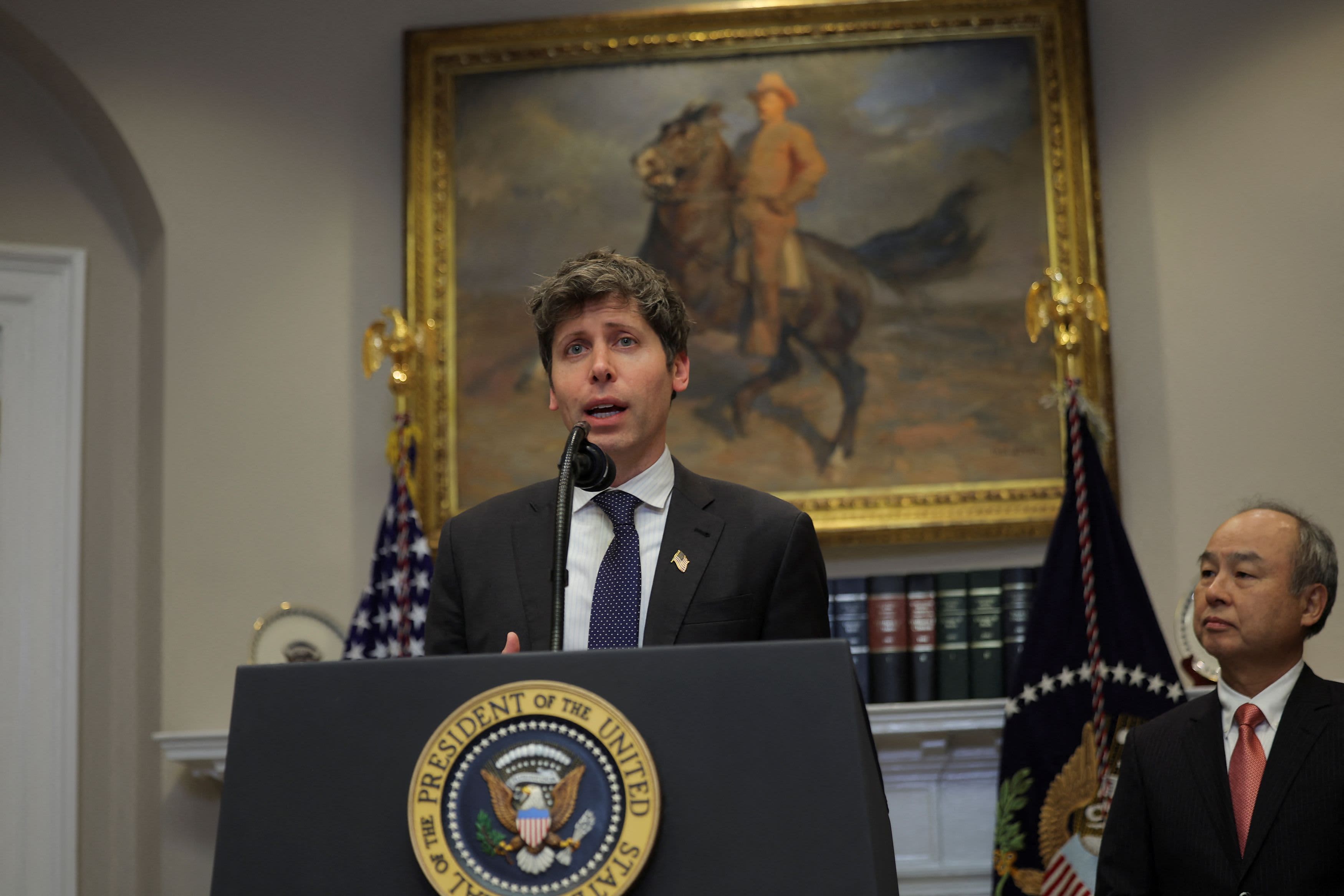
One of the questions I often get asked is can I put money or assets under my children's names to save tax.
A common version of this is: 'Can I use my minor children's personal allowance and pass some of my income on to them?'
It's true that your child has their own personal allowance, but when the child is under 18, it is not that simple.
A related question I get from parents with small family companies is whether they can give their children shares in the business.
Again this is not straightforward – there is a lot of legislation, some tax and some legal, which can really trip up the unwary.
Let's take a look at the rules, and the dos and don'ts in this area to give parents a better idea of where they stand.
What is HMRC's stance on putting assets in your children's names to save tax?
From HMRC's point of view, everything is laid down in the Income Tax (Trading and Other Income) Act 2005.
If the parent retains an interest in an asset and it can still be used for the parent's benefit, or the benefit of their spouse - for example, diverting income earned from an asset from them to their minor children - then HMRC would treat this under what is known as the settlement legislation.
Without getting too technical, a settlement can:
- Mean any agreement or arrangement or transfer of assets; and
- There must be a 'bounteous arrangement'
So, what does 'bounteous' mean in this context? This is key to understanding the situation.
HEATHER ROGERS ANSWERS YOUR TAX QUESTIONS

Say a parent transferred income to a child, who would have a lower tax liability than them.
There would be a 'bounty' in this case, because the parent would in effect retain an interest in the income generating asset - the income would no doubt pass into the household as it had before the arrangement had taken place.
A transfer of this kind would be easily challenged by HMRC. And in these circumstances, the income would still be taxable on the parent (known as the 'settlor', in legal jargon).
This does not just apply to arrangements with minor children. It can apply to transfers of assets to other members of the family or friends where a settlor may benefit from such an arrangement.
The test is whether or not it is an 'arms-length transaction'.
Would you make the same payments to a wholly unconnected person? If you wouldn't, then it will probably be regarded as a 'bounteous' arrangement and caught by the legislation.
There are some important exceptions worth noting, which would not fall foul of the law, and these are as follows:
- An outright gift between spouses or civil partners with no restrictions, retained interest or strings attached to asset;
- A benefit under a relevant pension scheme;
- Income from settlements made by one party to another following a divorce or a separation agreement;
- Commercial transactions.
What if you can argue there is no bounteous arrangement?
If the transaction between parent and minor child is not caught by the rules I've already explained, then it will be caught by section 629 of the same legislation that I mentioned above.
This basically says that income which arises under a settlement is still treated as the income of the settlor if it is paid to or for the benefit of a relevant child of the settlor.
A relevant child is a child or stepchild who is neither married nor in a civil partnership.
This means if a parent gifts shares to a child with no retained interest and no obviously bounteous arrangement but purely for benefit of the child then the income, if it exceeds £100 per annum, will be taxed on the parent.
Each parent has an allowance of £100, so income generated by monies given by two parents would allow £200 per year to be earned by the child.
Any more, and the income will be taxed on the parents.
This can include bank account income if the parent, or parents, gift money to the child.
The same rules apply to trusts where the parent is the settlor.
If they set up a trust to benefit their minor children, they will be taxed on any income arising, or in the case of discretionary trusts on any payment made for the benefit of the child, until the child reaches 18.
The rule does not apply to grandparents, for example, so grandparents can gift money for the benefit of a child without such restrictions.
So, what are your options if you want to transfer assets to a child?
Providing a gift is made outright with no retained interest, then a grandparent or someone else other than a parent can make a settlement into trust, gift monies to a child for their benefit, or gift other assets.
It must be clear that it is the grandparent, or another person, making the settlement by themselves and not through a parent.
You do have to be careful, as indirect gifts can be caught by the legislation.
For example, say the parent gifts an asset to the grandparent, and several years later the grandparent gifts the asset to the child.
In that case, any income arising on this asset could be taxed on the parent, even if they retained no interest in it, as they could be deemed the settlor.
Obviously, gifts of assets may attract other taxes such as capital gains tax, or be treated as gifts for inheritance tax purposes, or attract inheritance tax as a chargeable lifetime transfer if made into trust.
Once children reach 18, then gifts can be made providing the parent retains no interest in the asset or its income.
In assets jointly owned by a parent and child, the child would need to have full freedom regarding their income share to spend as they please and be equally responsible for their share of the asset's upkeep.
What if you want to involve children in your private company?
If you want to give shares to minor children, all the rules explained above apply.
Should you want to involve them in a business, for example by setting up a family investment company, you should seek professional advice because it quickly gets complicated.
In a private company, unless it is forbidden in the articles of association - the written rules for the running of the company by its directors and shareholders - shares can in theory be held by a minor.
But there may be rights attached to the shares normally, which are not attached to the child's – voting rights for example.
And a child holding shares could cause issues due to the fact that they are minors and therefore cannot enter into a contract, except where that contract relates to what are known as 'necessaries' - accommodation, food, clothing - or education, apprenticeships and employment.
A child cannot be a director of a private limited company until they are 16.
What else do you need to know?
In public companies, normally, children would not be able to hold shares until they are 18, but they may be held in trust for them, if they are inherited for example.
A child cannot legally hold residential or commercial property. Any property held by the child would most likely be held in trust until they reach 18.
A child can hold a bank account which may pay interest, and you can of course open a Junior Isa for them where the money is locked away and they gain control of it at age 18.















